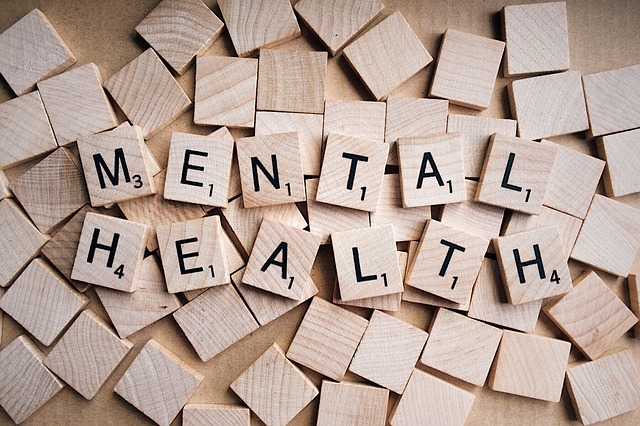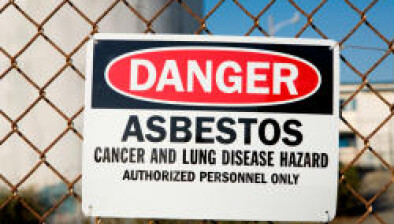HSE launches mental health campaign

Work-related stress and poor mental health risk becoming a health and safety crisis for Great Britain’s workplaces, the Health and Safety Executive (HSE) has warned today.
While the full impact of the Covid-19 pandemic is yet to be fully understood, mental health issues are the number one reason given for sick days in the UK. Last year more than 17 million working days were lost as a result of stress, anxiety, or depression.
In response, the HSE is today launching its new campaign, ‘Working Minds’, at its Health and Work Conference, which examines issues relating to health at work. The campaign aims to help businesses recognise the signs of work-related stress and make tackling issues routine.
While ‘Working Minds’ is specifically targeting six million workers in small businesses, HSE is calling for a culture change across Britain’s workplaces, to ensure psychological risks are treated the same as physical ones in health and safety risk management.
HSE’s chief executive Sarah Albon said: “Work-related stress and poor mental health should be treated with the same significance as risks of poor physical health and injury. In terms of the affect it has on workers, significant and long-term stress can limit performance and impact personal lives.
“No worker should suffer in silence and if we don’t act now to improve workers’ mental health, this could evolve into a health and safety crisis.
“The pandemic has highlighted the need to protect the health of employees who have faced unprecedented challenges; the Government is committed to building back better and we want to make sure good mental health is central to this.”
HSE is reminding business that no matter where people work, employers have a legal duty to assess the risks in the workplace, not just in terms of potential hazards and physical safety. They should also promote good working practices. It said this promotes an open environment where employees can share their concerns and discuss options to ease pressures.
Sarah Albon added: “Our campaign is focused on giving employers a clear reminder of their duties while championing reducing work-related stress and promoting good mental health at work.”
The regulator has partnered with a number of organisations to highlight the triggers of stress, the legal duty of employers and how to manage the risks. The network of Working Minds champions includes the charity Mind, which supports and empowers anyone experiencing a mental health problem in England.
Working Minds is aimed specifically at supporting small businesses by providing employers and workers with easy to implement advice, including simple steps in its ‘5 R’s’ to Reach out, Recognise, Respond, Reflect, and make it Routine.
Head of the Scotland engagement and partnership team at HSE Sarah Jones said: “Across the nations we will be working with local partners to ensure our work and messaging is targeted for local audiences. Lifelines Scotland have been involved in its development.
“HSE is also working in partnership with Scottish Government and a range of mental health partners to develop a sign-posting tool for small businesses on managing mental health at work. The campaign will continue to evolve and target sectors, nations and regions in response to feedback and insight.”
Employers and workers wanting to know more about the Working Minds campaign, including the legal obligations, advice, and tools available, should visit: workright.campaign.gov.uk/campaigns/workingminds.
Prof Neil Greenberg, Chair of the Occupational Psychiatry Special Interest Group at the Royal College of Psychiatrists, said: “Good mental health is just as important as good physical health, so it’s vital that employers do all that they can to promote good mental health in the workplace. Employees should be given appropriate support to help minimise the likelihood of experiencing work-related mental health problems and be supported in their treatment and recovery if they do develop or live with a mental illness.
“HSE’s campaign will give organisations and employers the necessary tools to spot potential signs of mental ill-health, and to develop or improve their practices to protect the psychological health of their staff.”

















